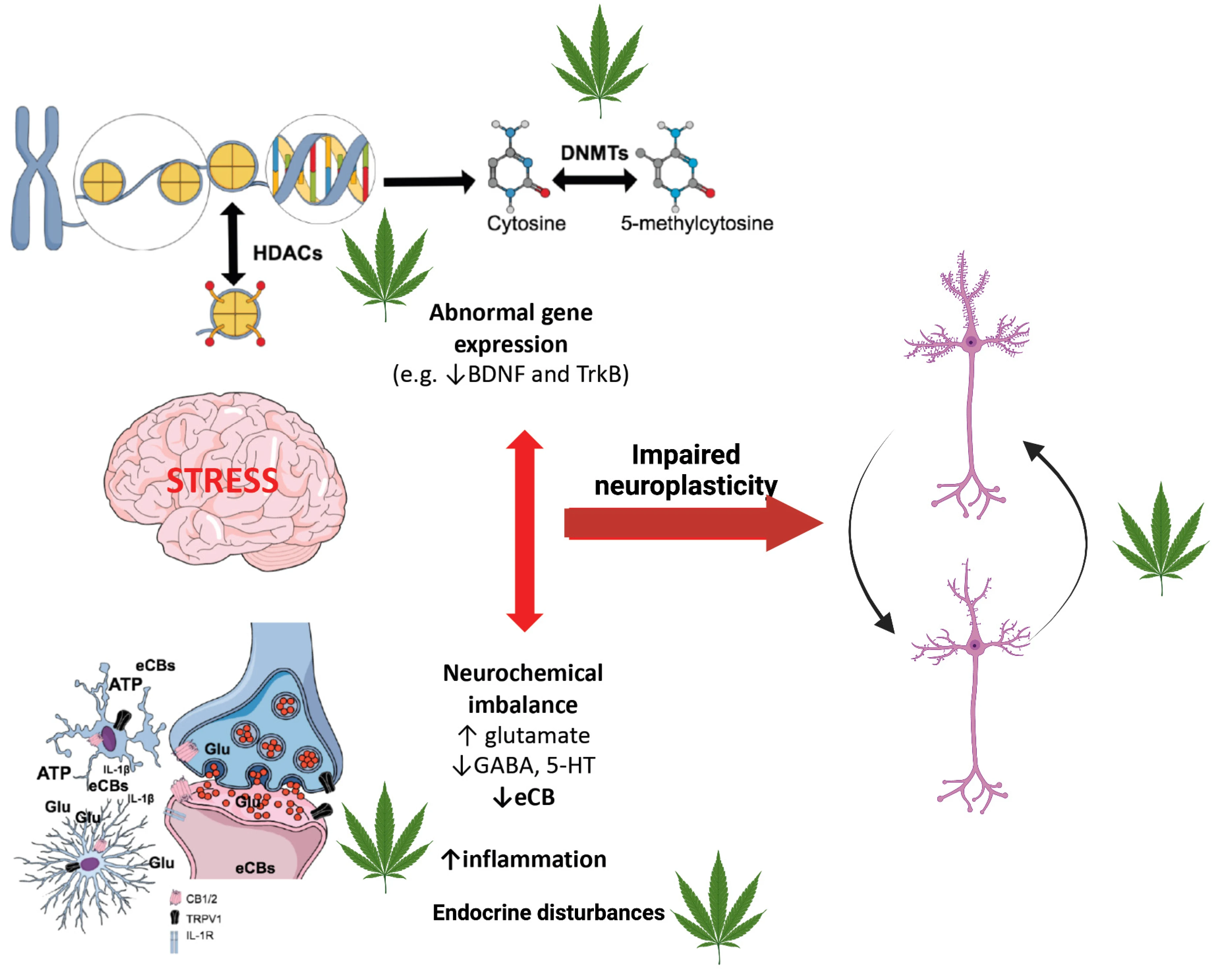A major study from UC San Diego and 23andMe pinpoints genes CADM2 and GRM3 as linked to cannabis use, highlighting genetic roles in behavior and addiction risk.

October 20, 2025

Source:
UC San Diego Today - University of California San Diego
New Evidence on Genes and Cannabis Behavior
A collaborative study between UC San Diego and 23andMe has revealed that cannabis use is influenced by specific genetic factors. Researchers analyzed genetic data from hundreds of thousands of participants, using resources from clinical settings and consumer testing. Their work identified two significant genes: CADM2, known for its role in impulsive behavior, and GRM3, related to neurotransmission and psychiatric risk. These findings follow earlier research linking CADM2 to various behavioral traits (PubMed 30297969) and GRM3 to mental health conditions (PubMed 29584923).
The study draws attention to how genetics and environment jointly influence substance use. The research also associates cannabis behaviors with over 100 health and psychiatric traits, ranging from depression and ADHD to metabolic and cardiovascular health.
Keep up with the story. Subscribe to the PR+ free daily newsletter

Source:
UC San Diego Today - University of California San Diego
What the Findings Mean for Prevention and Treatment
Targeted Prevention
Early genetic risk identification could allow interventions to start before cannabis use becomes problematic. For public health professionals, these results set the stage for efforts focused on the most vulnerable populations.
Personalized Therapies
The discovery opens avenues for treatments tailored to genetic profiles. Both behavioral strategies and medication could become more precise for individuals, paving the way for true personalized medicine in the substance use field.
Broader Genetic Impact
The research supports integrating cannabis science with psychiatric genetics. It places emphasis on gene-environment interplay and may transform how addiction and mental health are understood and treated (Nature Neuroscience, Translational Psychiatry).
Read More

Source:
MDPI
Share this news:




















